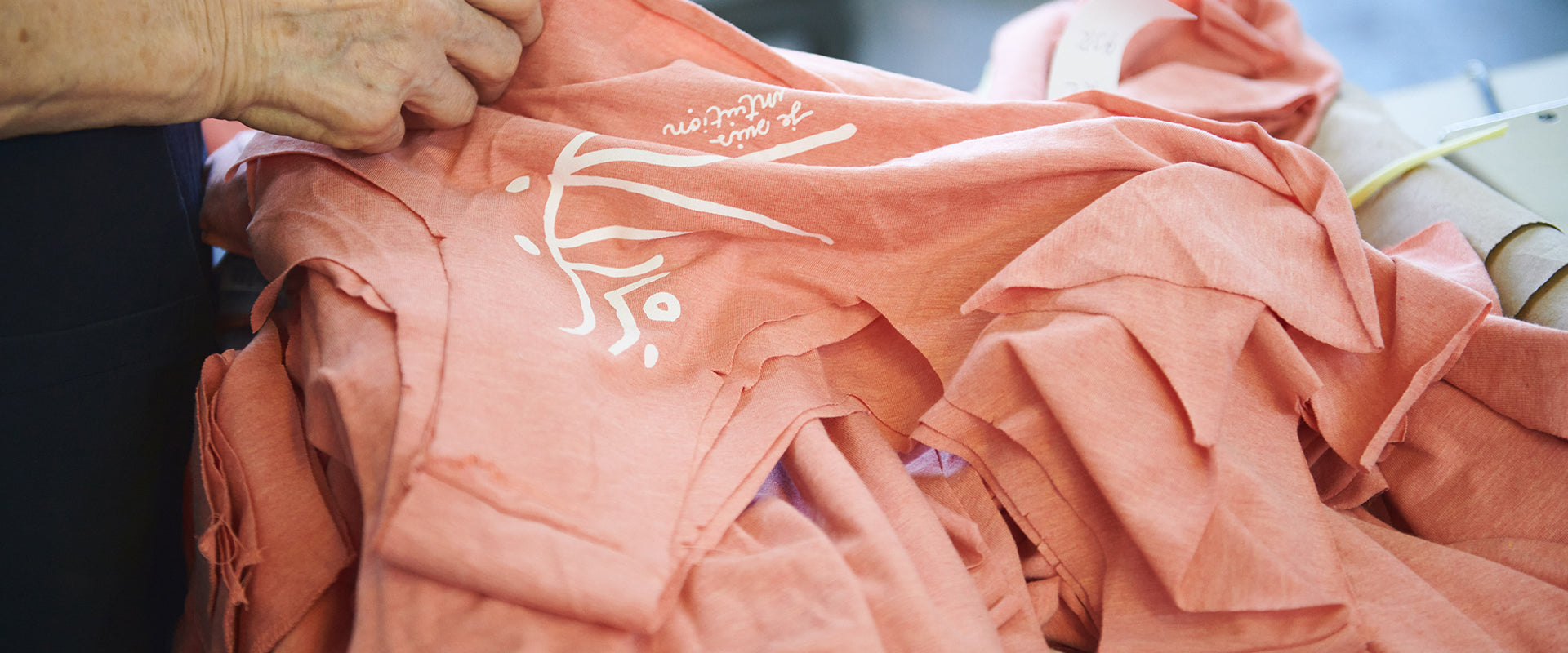Eco-friendly fabrics
Message Factory and Oöm Éthikwear clothing is made using eco-friendly and sustainable fabrics.
Over 75% of our fabrics are knitted and dyed locally, ensuring that our garments are good for your health and have not harmed the health of those involved in the manufacturing process. We believe in transparency in how we make our garments, but also what they are made of. We choose high-quality organic and recycled materials to meet our high standards for comfort and durability.
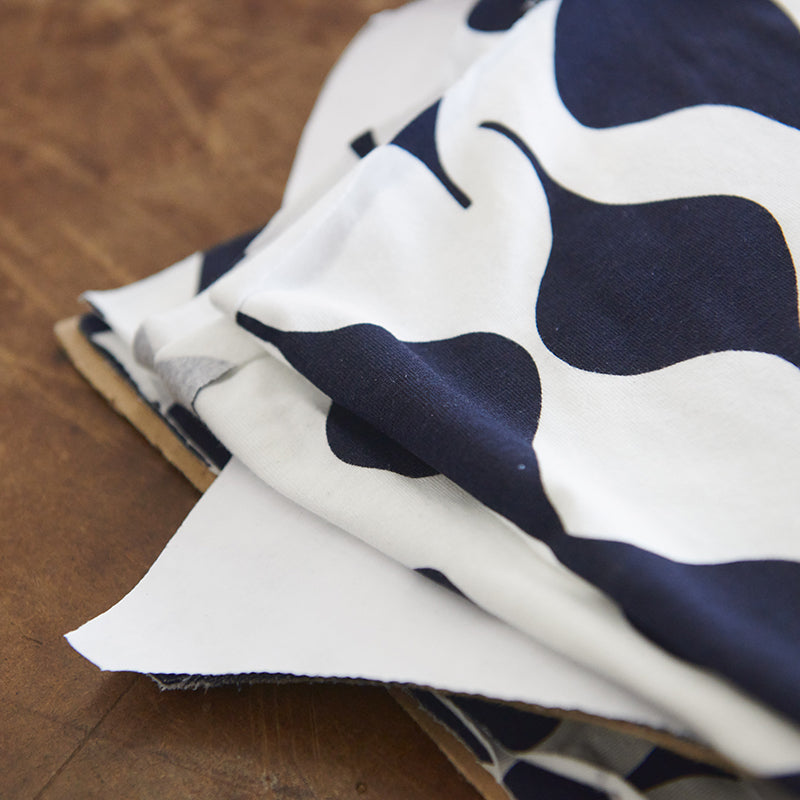
Why choose organic fibers?
Firstly, for social responsibility, organic fibres are grown in controlled environments where no pesticides, herbicides or any other chemical products are used. Only natural fertilizers are used. Water and soil are constantly monitored.
They are biodegradable. Organic fabrics naturally decompose over time, while synthetic fibers only become permanent waste. In addition to releasing toxic gases into the air, synthetic fibers have a direct impact on climate change.
Absorbent, they are also beneficial for your health. Ecological fibers are mostly hypoallergenic, gentle on the skin, naturally antibacterial and do not contain chemical irritants.
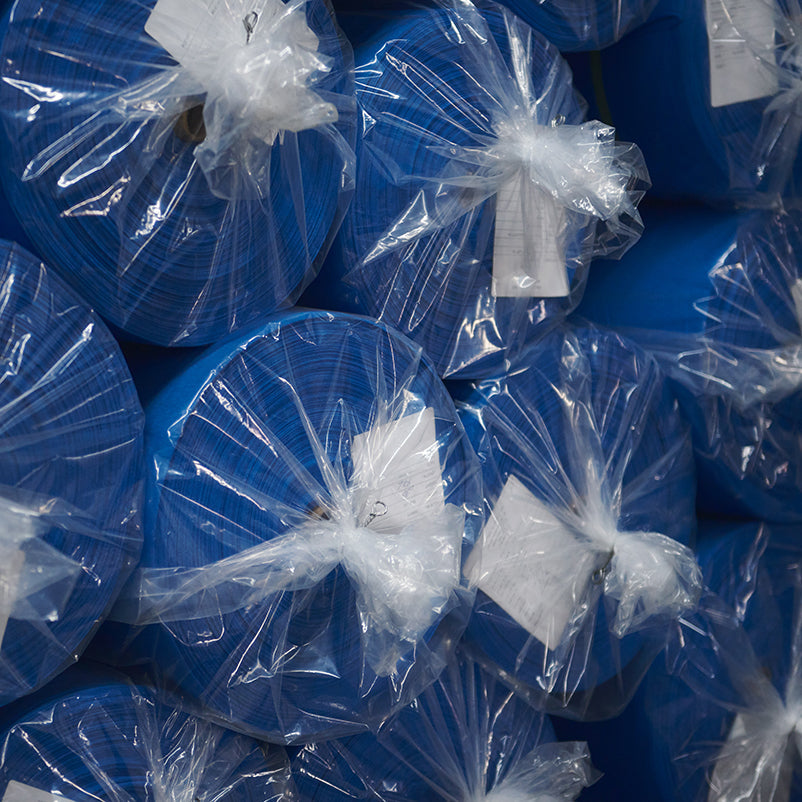
Which fabrics are the most polluting for the planet?
Conventional cotton growing is the third most water-intensive agricultural activity and one of the largest users of pesticides and chemicals. It takes about 5,300 liters to produce 1kg of cotton.
GLOBAL USE OF PESTICIDES CAUSES THE DEATH OF 200,000 PEOPLE EACH YEAR. - SOURCE: UN
Polyester is a derivative of petroleum, a non-renewable fossil fuel. It takes 1.5 kg of petroleum to make 1 kg of polyester. Polyester is manufactured using toxic chemicals, and causes air, soil and water pollution. In our washing machines, polyester releases micro-particles of plastic, which end up in rivers and oceans, and pollute marine ecosystems. This pollution, invisible to the naked eye, nevertheless represents 50 billion plastic bottles in the world's waters each year.
Acrylic is made from the chemical and energy-intensive transformation of a soft plastic. The wastewater is extremely difficult to treat and the final fabric is almost impossible to recycle.
POLYESTER - NYLON - ACRYLIC = PLASTIC = POLLUTION
To produce rayon and viscose, several toxic chemicals are used. The pulping and spinning processes of the raw material also generate hazardous waste.
OUR ECOLOGICAL FABRICS
Choosing organic cotton over regular cotton is a concrete gesture to preserve life. Of all crops, conventional cotton farming is the most polluting in the world, as it uses the most herbicides and pesticides. Organic cotton farming uses non-GMO seeds and exploits natural solutions to manage pests and build healthy soils. Our fiber is spun in Switzerland and the material is knitted and dyed here in Montreal. We blend cotton with spandex to maximize comfort and improve the durability of the product. About 75% of our production is GOTS certified while our yarn is SKAL certified.
Tencel® is Lenzing's registered name for Lyocell fibre, made from 100% ecological eucalyptus pulp. Unlike cotton cultivation, the eucalyptus tree grows on dry land and requires little water to grow. In addition, it has the effect of irrigating the soil. An unrivalled soft fibre, Tencel® protects against bacteria, absorbs moisture and also plays an isothermal role: just like pure new wool, it controls the temperature of the fabric on the skin. It is therefore warm in winter and cool in summer.
Before using new resources, we aim to reduce our ecological footprint by recycling existing materials. Recycled cotton is an alternative to organic cotton. The cotton fibre is shredded and then re-spun and knitted into a new 100% recycled material. Although slightly rougher at first touch, recycled cotton softens over time and becomes softer and more comfortable to wear. Like all cotton, it is very durable and keeps us cool during beautiful summer days.
Bamboo is a natural renewable material; 100% biodegradable, it grows without the need for pesticides or chemicals. Bamboo fiber is naturally antibacterial, hypoallergenic and regulates body temperature. It is also resistant to mold and mildew. It is a breathable fabric that allows moisture and perspiration to evaporate, due to its porous composition. Bamboo drapes very well and has a very soft touch. Bamboo rayon is produced chemically by regenerating the cellulose in the fiber. All fabrics produced with cellulose are considered rayon (viscose). Despite the processing, bamboo rayon is considered eco-friendly as its primary source is naturally renewable.
Our reclaimed wool fabric comes from Prato, Italy. Today, the labor costs and market demands behind a product like reclaimed wool are not like they used to be. The motivator is no longer economics; it is ecology. We do not want to waste and throw away used clothing or second-hand fabrics because they will end up in landfills and pollute the planet. Our reclaimed wool is made from reclaimed wool sweaters that are shredded into usable fibers and blended with polyester and nylon to give the fabric strength.
Recycled polyester is a fabric that has been recycled from used materials. The most common source of raw materials for recycled polyester is old plastic water bottles and raw material waste from the manufacturing industry. This material is ultra absorbent, wicks away moisture to keep you dry and is durable and abrasion resistant.
Denim as we know it is primarily made from cotton, an extremely thirsty crop that requires astronomical amounts of water to grow. Before a cotton jean can even hit the shelves, it has to be dyed, finished, and washed—totaling into one of the most polluting items in your wardrobe. In an effort to contribute to a more sustainable fashion industry, we developed Pure Denim. Made from GOTS-certified organic cotton, we add spandex to make it more comfortable and stretchy.
Hemp is the most ecological and sustainable of our fabrics, it grows quickly and its growth requires no pesticides, herbicides and 4 times less water than cotton. Hemp fields also have the ability to capture CO2 in the atmosphere. Hemp fiber is biodegradable, hypoallergenic and it is more resistant than cotton. In addition, it is almost entirely resistant to UV rays. Hemp fibers are porous, forming a fabric that breathes and has good thermal insulation, keeping you warm in winter and cool in summer. There is only one secret to remember: it softens with washing. Our hemp comes from China and is OCS (Organic-Certified-Standard) certified. We buy it there, because in Canada no one has the expertise yet to transform hemp into textiles, but we do not lose hope that we will get there one day.
ECOLOGICAL CERTIFICATIONS
All our fabrics are dyed using a process that is harmless to health and the environment and are OEKO-TEX® Standard 100 certified. As for our organic cotton, approximately 75% of our production is GOTS certified while our yarn is SKAL certified.
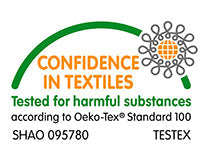
The Oeko-Tex label is an international certification body. In short, OEKO-TEX® STANDARD 100 certified clothing guarantees that your skin does not come into contact with harmful and unpleasant chemicals. Certified fabrics are tested for more than 100 harmful substances (such as pesticides, carcinogenic dyes and heavy metals) that go far beyond existing national legislation.
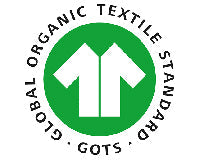
The objective of the GOTS standard is to ensure the organic status of textiles, from the harvesting of raw materials, through responsible manufacturing (ethical and social), to labeling in order to provide credible assurance to the end consumer.
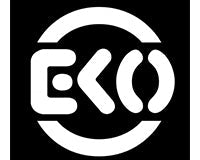
The "SKAL International Foundation" (Netherlands) monitors and examines worldwide organic/biological production. "SKAL" certified products may not contain chemical fertilizers or pesticides, flavors, colors or chemical or synthetic preservatives. The consumer recognizes an organically biological product, examined by the foundation, by the quality symbol "EKO".
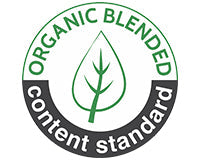
The OCS (Organic Content Standard) applies to any non-food product containing 95-100% organic materials. It verifies the presence and percentage of organic materials in the final product and follows the flow of raw materials from origin to finished product. Our hemp is OCS certified.
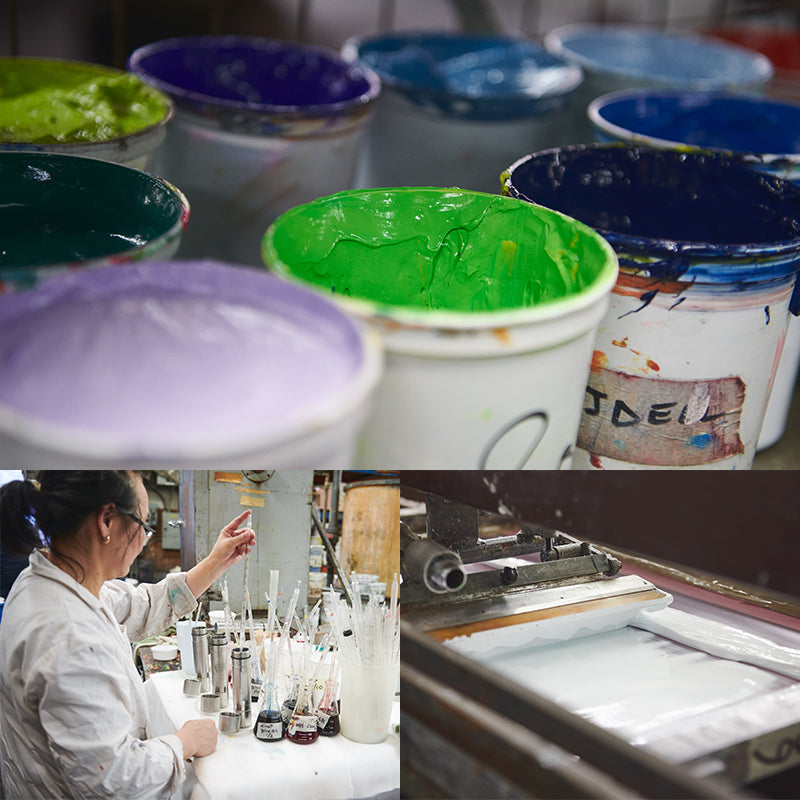
AN ECO-RESPONSIBLE PRODUCT FROM A TO Z
In addition to using eco-friendly fabrics, we print our garments in Montreal using water-based inks that have been tested and formulated to be Non-Phthalate (inks or compounds that do not contain PVC resins or phthalate-based plasticizers). These inks also comply with OEKO-TEX® Standard 100 and do not contain any chemicals that can cause cancer or be harmful to reproduction.
We want to go even further than eco-friendly fabrics and local manufacturing to contribute to the survival of the planet. We have taken steps to ensure that all components of our products are ecological. Thus, we have eliminated plastic buttons and replaced them with corozo and coconut buttons: natural and biodegradable materials. Our zippers are made of polyester and recycled plastic. Our clothing labels are made of recycled polyester, organic cotton or biodegradable ink transfers. Our paper labels can be planted to grow flowers.
From design to finished product, we constantly evaluate every element of our products to perfect them.

